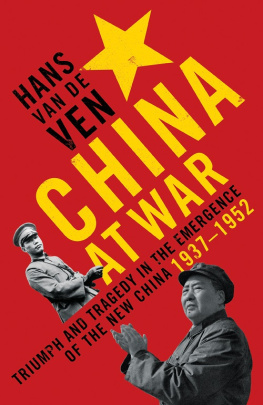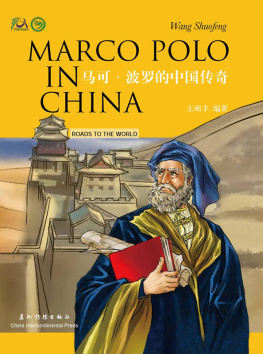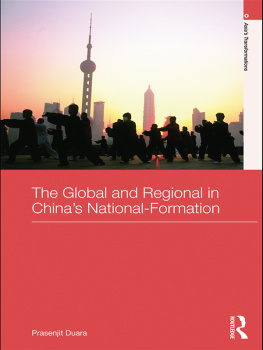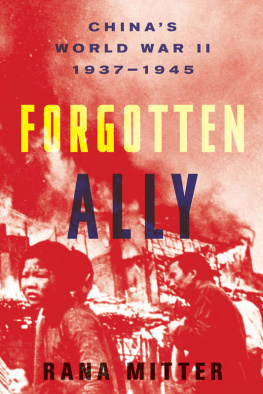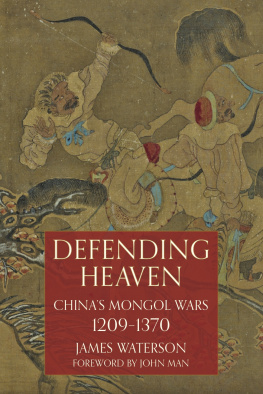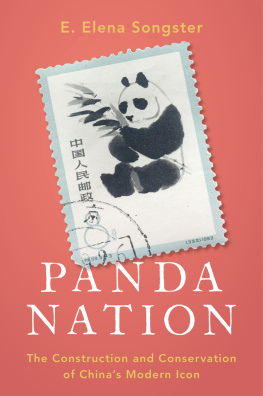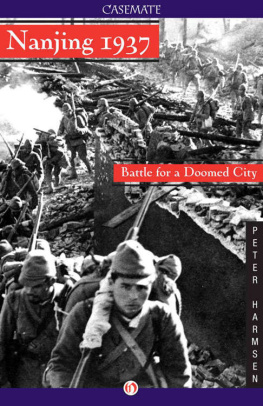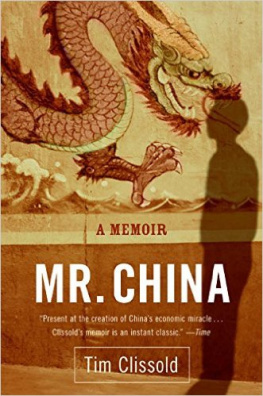
CHINA
AT WAR
Hans van de Ven is an authority on the history of 19th and 20th century China. At the University of Cambridge he serves as Professor of Modern Chinese History. He is a Fellow of the British Academy and the author of Breaking with the Past: The Chinese Maritime Customs Service and Global Origins of Modernity in China, War and Nationalism in China: 1925-1945 and From Friend to Comrade: The Founding of the Chinese Communist Party, 1920-1927. The Battle for China, a book of essays he co-edited, received the 2012 Distinguished Book Award of the Society for Military History.

CHINA
AT WAR
HANS VAN DE VEN
TRIUMPH AND TRAGEDY IN THE EMERGENCE OF THE NEW CHINA 19371952

First published in Great Britain in 2017 by
Profile Books Ltd
3 Holford Yard
Bevin Way
London WC1X 9HD
www.profilebooks.com
Copyright Hans van de Ven, 2017
The moral right of the author has been asserted.
All rights reserved. Without limiting the rights under copyright reserved above, no part of this publication may be reproduced, stored or introduced into a retrieval system, or transmitted, in any form or by any means (electronic, mechanical, photocopying, recording or otherwise), without the prior written permission of both the copyright owner and the publisher of this book.
A CIP catalogue record for this book is available from the British Library.
eISBN 978 1 78283 016 0
CONTENTS
MAPS
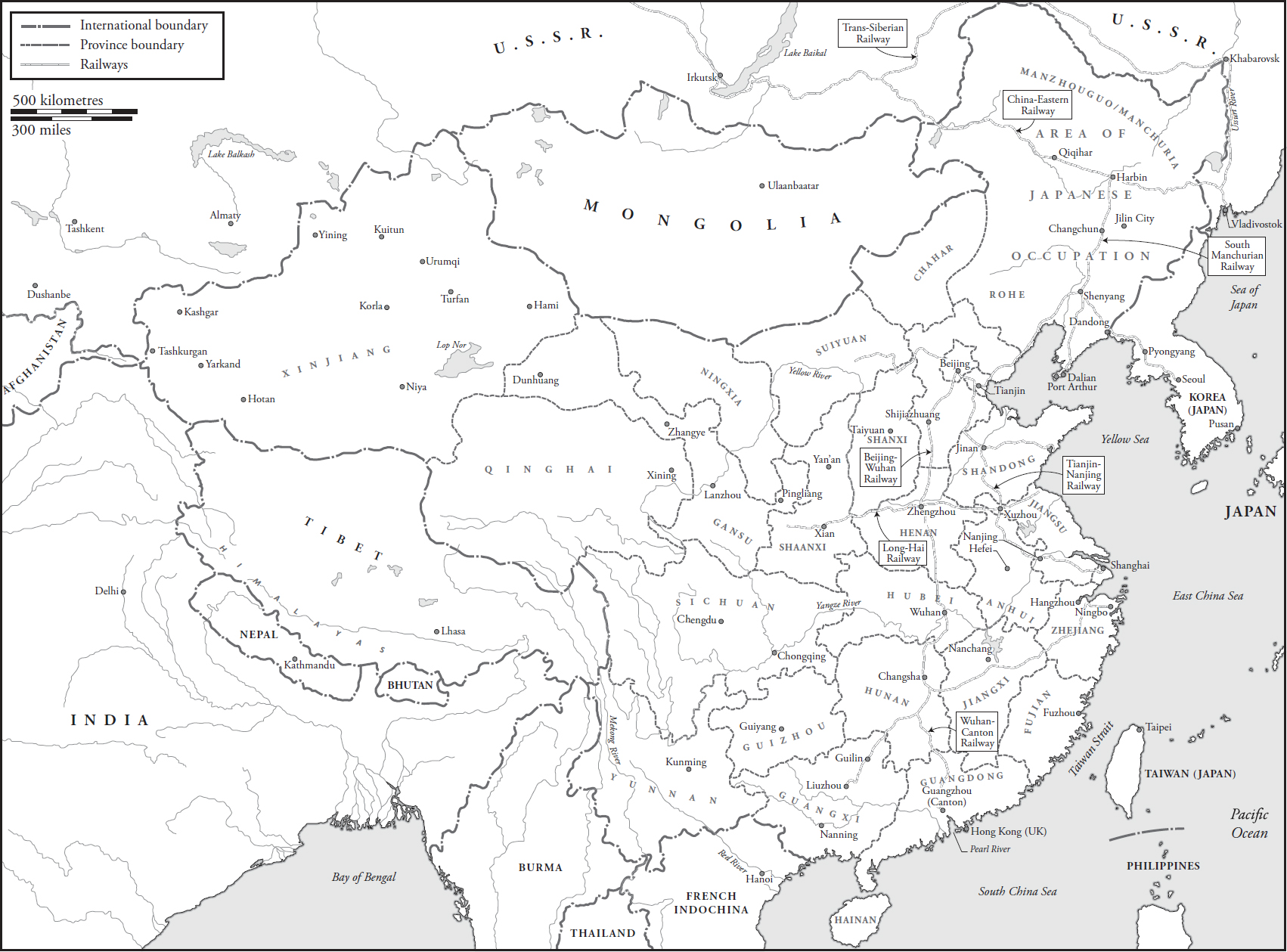
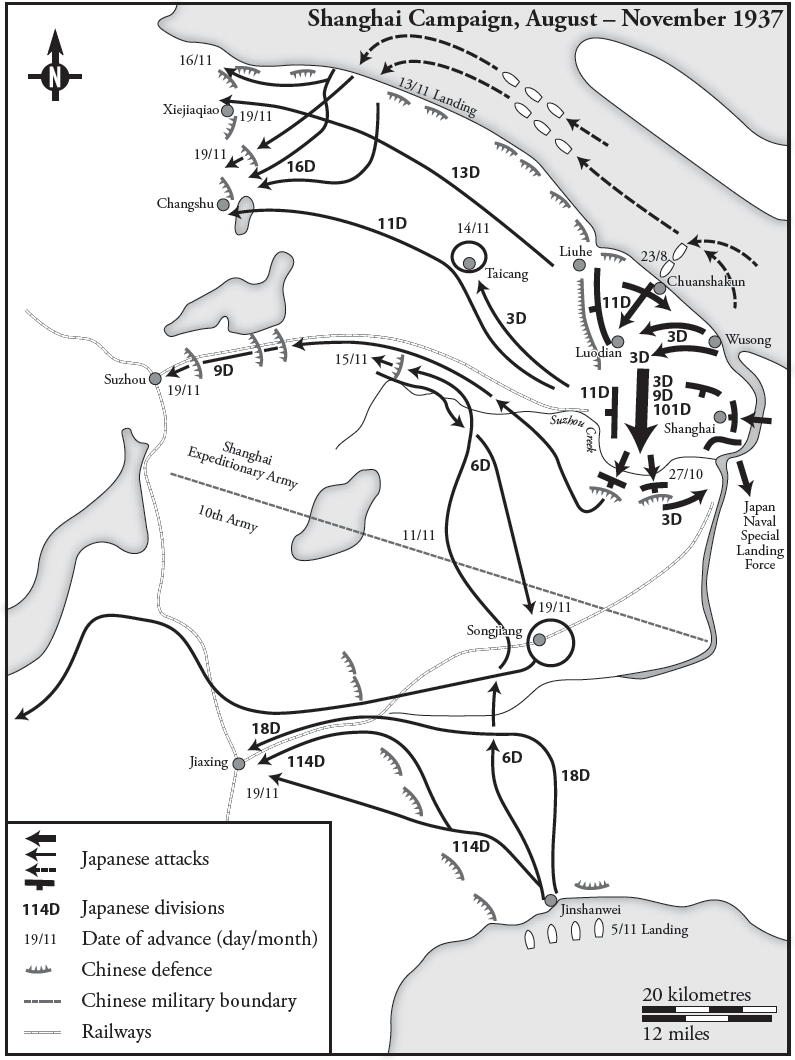
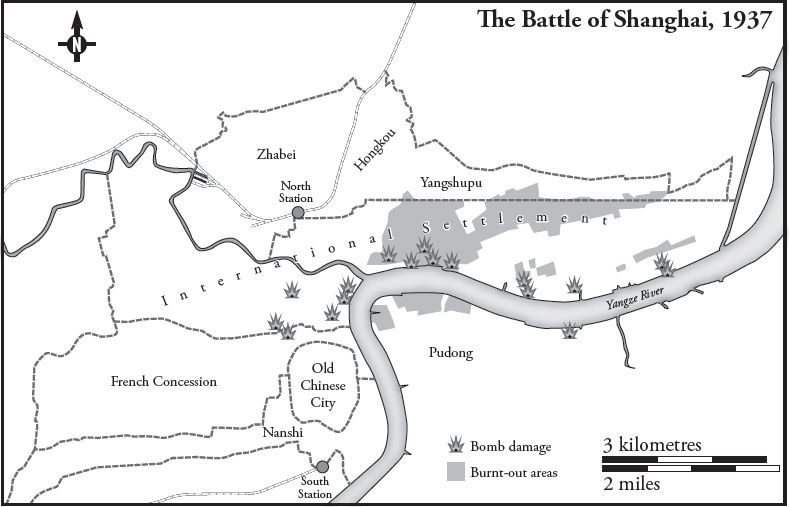
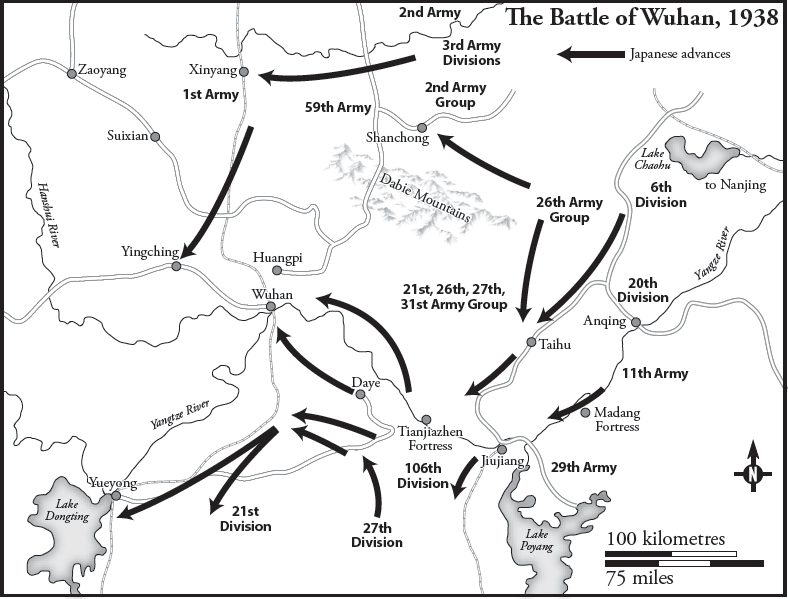
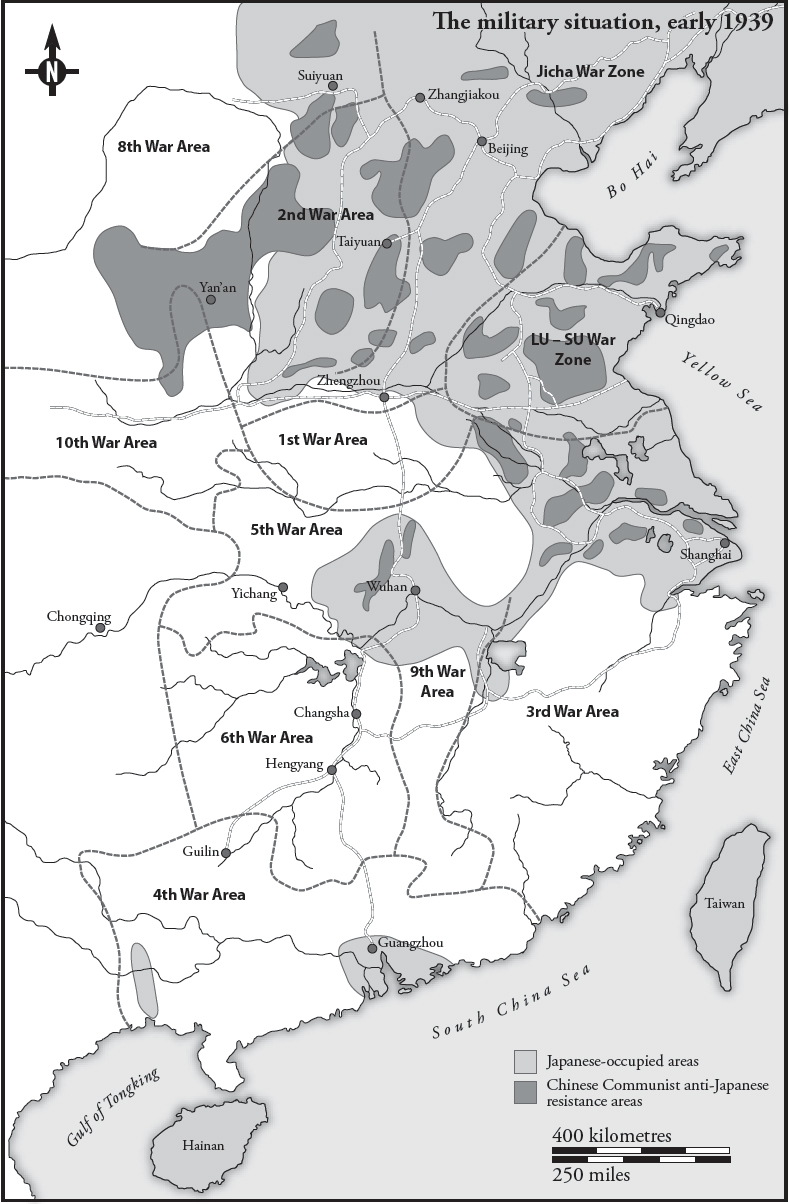
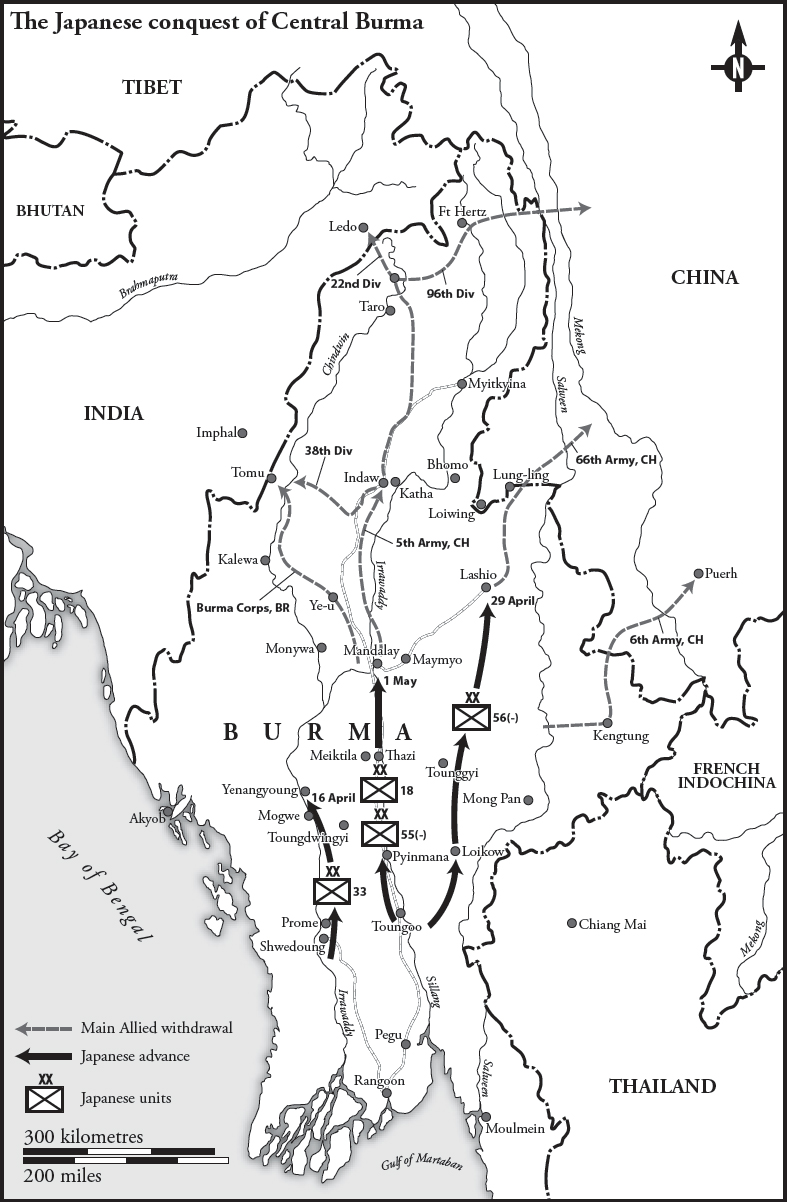

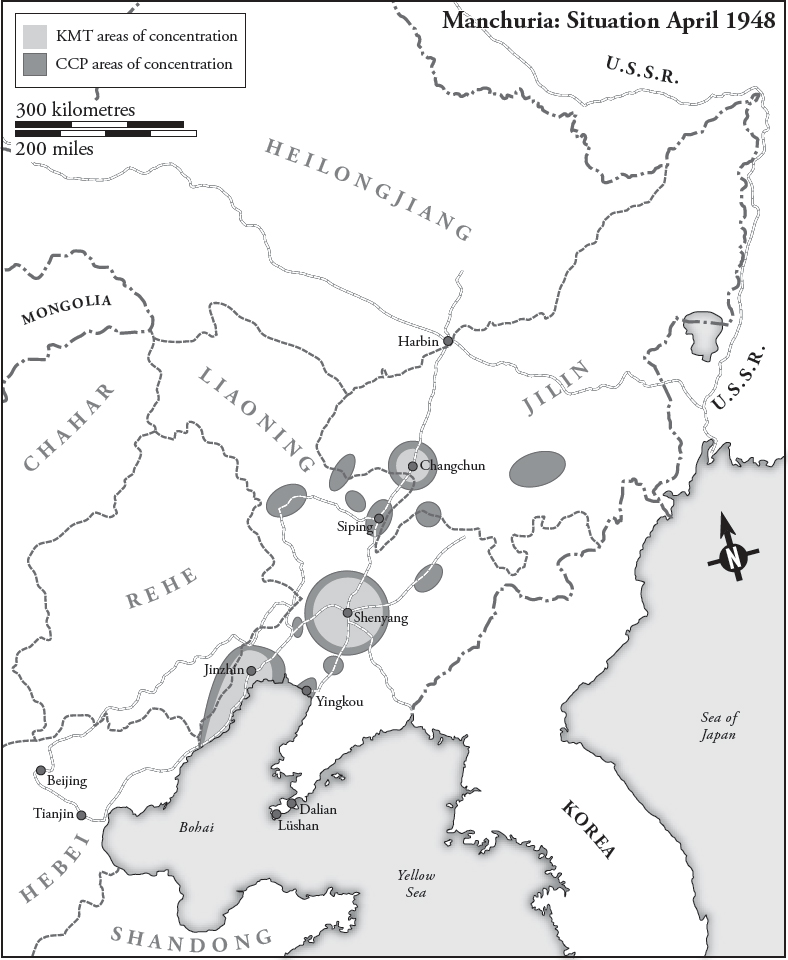
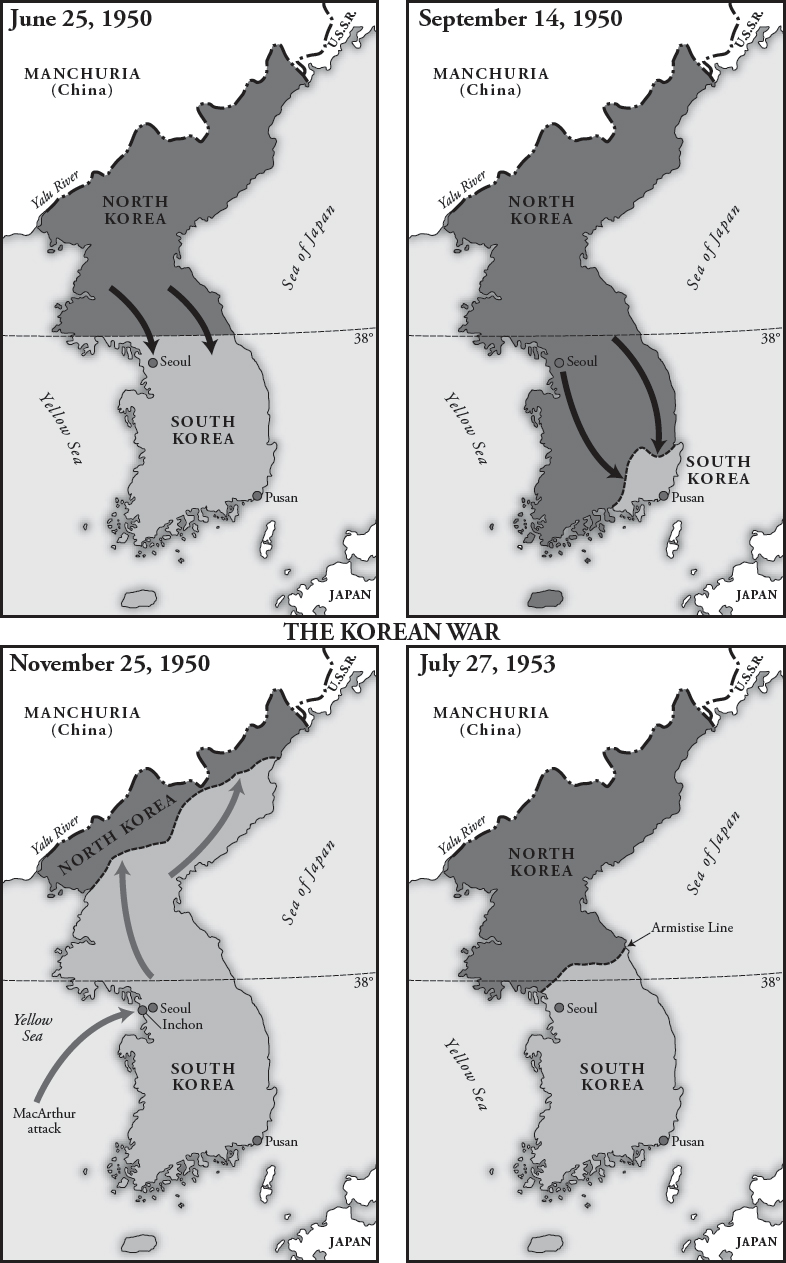
INTRODUCTION
I the Lord thy God am a jealous God, visiting the iniquity of the fathers upon the children unto the third and fourth generation of them that hate me.
Deuteronomy 5:9
The world war which is approaching with irresistible force will review the Chinese problem together with all other problems of colonial domination. For it is in this that the real task of the second world war will consist: to divide the planet anew in accord with the new relationship of imperialist forces. The principal arena of struggle will, of course, not be that Lilliputian bath-tub, the Mediterranean, nor even the Atlantic Ocean, but the basin of the Pacific.
Leon Trotsky, foreword, in Harold Isaacs, The Tragedy of the Chinese Revolution (1938)
C oming to grips with Chinas wartime history poses extraordinary challenges, not least because so much fighting took place in such a vast country over such a long period of time, from 1937 to 1945. In resisting Japanese aggression, China fought a war whose moral contours were simple and during which the country made enormous sacrifices to ensure its survival. This was the warfare of Herodotuss The Histories, of a civilisation defending itself against the depredations of a barbaric aggressor. However, there was also more or less simultaneously a civil war, of the kind that Thucydides portrayed in his History of the Peloponnesian War, with instances of gross brutality, lawlessness, social mayhem, cynical betrayals and Machiavellian struggles for power. Civil wars raise different issues from wars between countries. In national wars, such as between Prussia and France in 1870, Spain and the Netherlands between 1568 and 1648, or even the First and Second World Wars, the goals are straightforward and nations come together. In civil wars, charismatic leadership, an ability to inspire, political shrewdness, managerial skill and a strong dose of ruthlessness are usually needed, first to force an outcome and make it stick, and then to bring calm to a society that has just torn itself apart.
Today, China recounts its wartime history in the Herodotean mode. This is a recent departure. In the early decades of the Peoples Republic of China (PRC), Chinas recent past was constructed as a revolution in which the Chinese Communists had triumphed against great odds, freeing the country from the brutal tyranny of the Nationalists led by Chiang Kaishek, Japanese aggression and Western imperialism. Public attention was focused on events such as: the founding of the Chinese Communist Party (CCP) in 1921; the 1927 purge that left thousands of Communists dead; the emergence during the Second World War of Yanan, the Communist capital, as a beacon of hope in a sea of Nationalist corruption and oppression; and the final defeat of the Nationalists in three great battles: the Liaoshen Campaign for control of Manchuria from May to November 1948, the battles for Beijing and Tianjin that lasted from 29 November 1948 until 31 January 1949, and the Huaihai Campaign in north China from 6 November 1948 to 10 January 1949. The history of the Communist revolution stood centre stage.
Now it is Chinas victory over Japan that takes the limelight. The Second World War (or the War of Resistance, as it is still usually called in China) is portrayed as the time when the New China was born, when the country managed to come together to prevail over enormous odds and safeguard a civilisation threatened with extinction. That todays leaders of the Peoples Republic choose to portray the countrys war history as its finest hour is entirely understandable. Globally the Second World War has come to be regarded as something of an axial moment out of which the modern world emerged, providing not only its geopolitical contours but also its moral bearings. Many countries, including the United State of America, Russia and the United Kingdom, have put victory to use to enhance the national feel-good factor; why should China not do so, too?
The change, as so often in post-Mao China, was the result of initiatives at the local level, in this instance beginning in the universities. In the early 1980s, after Deng Xiaopings rise to power, academic historians in the Peoples Republic, especially at Nanjing University, initiated a reassessment of the Nationalists role during the War of Resistance. Using archival sources preserved in that city, they argued that, especially during the first phase of the war, it was the Nationalists rather than the Communists who bore the brunt of the fighting. In so doing, they overturned decades of silence about the enormous sacrifices the Nationalists and their armies had made in the service of the country.
Next page
